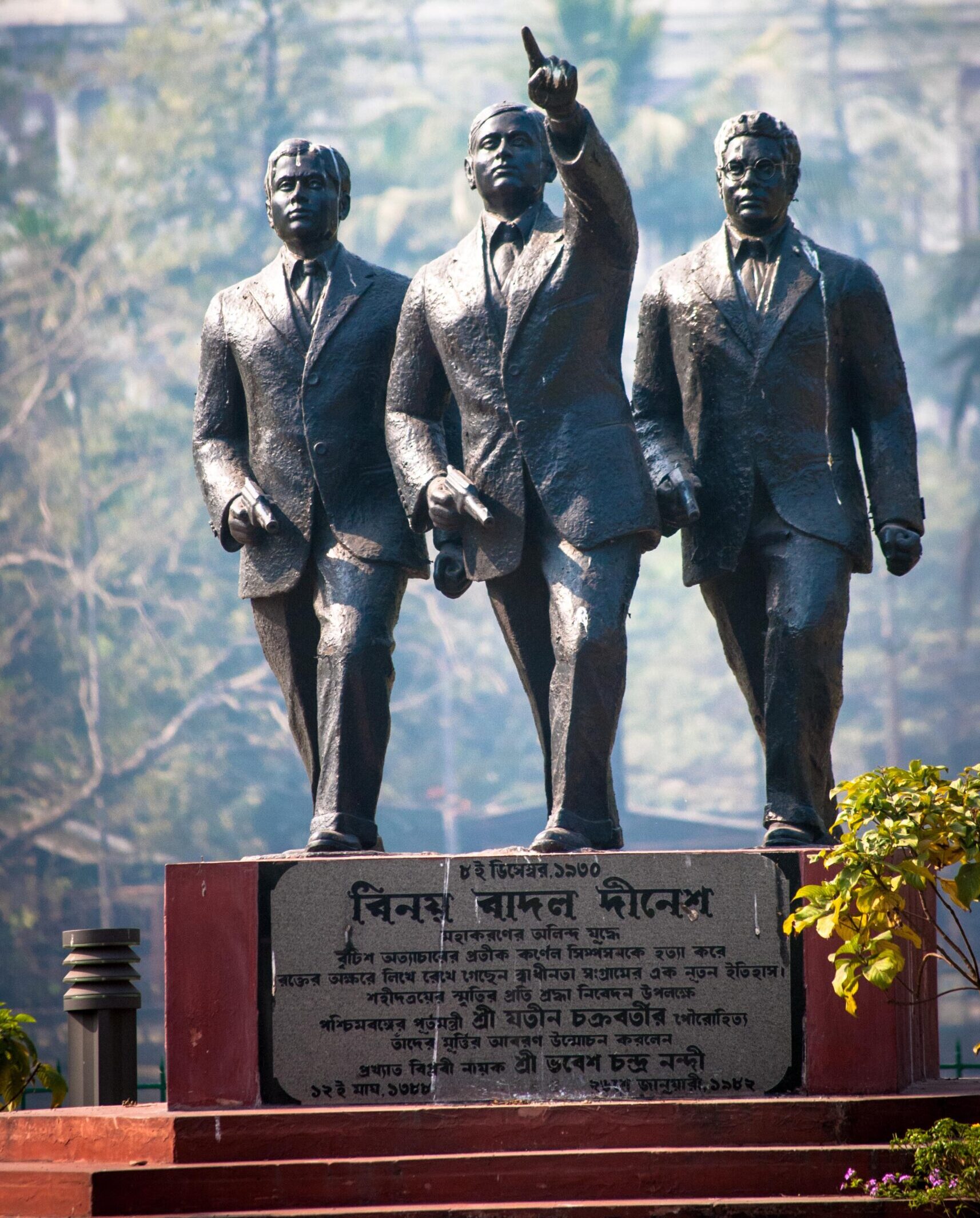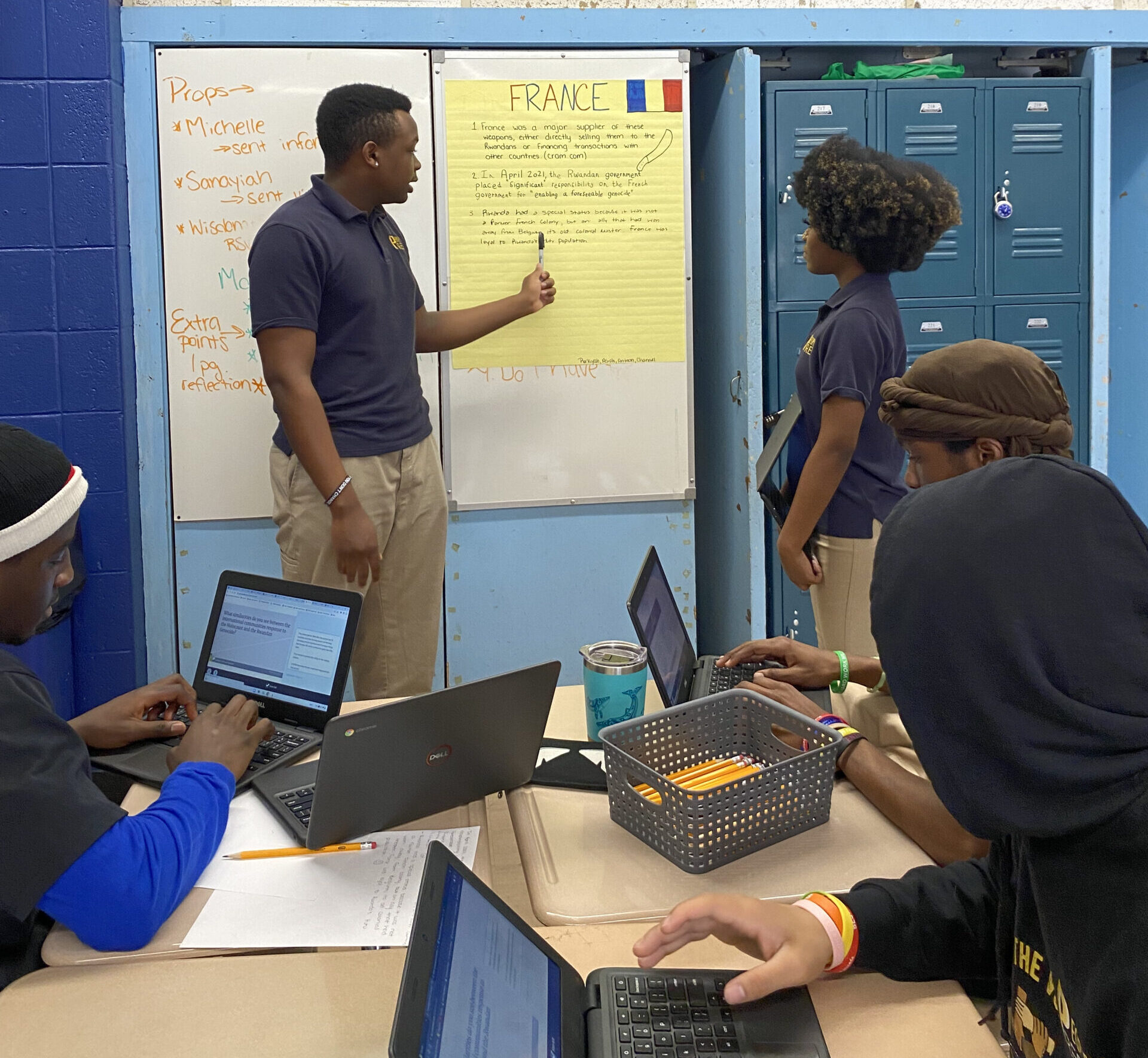On the morning of September 13, 1971, horrible things happened. Within a mere 15 minutes thousands of bullets—deer slugs, hollow points, and shotgun pellets—rained down on a 50 by 50 foot enclosed yard, shattering bones, exploding heads, ending lives. Many lives. And, as 29 prisoners and 10 guard hostages lay dead or dying, hundreds of others were crawling in the mud—screaming and crying from gunshot wounds and the blows of combat boots, gun butts, and batons. None of the dying or wounded men at Attica had firearms. All had been, up until the sounds of gunfire first rang out, trying to negotiate their way to a peaceful resolution of what had been a four-day rebellion at the Attica State Correctional Facility in upstate New York.
On August 8, 2004, just shy of three decades to the day that the New York State Police retook Attica, I found myself sitting in a dimly lit living room on the outskirts of Albany, trying to interview a man who had survived this assault. Truth be told, I had been nervous walking up to this former Attica inmate’s small bungalow. After all, I had never actually met anyone who had served time. But the person who greeted me at the door was just a person—a polite but worn-down man who had been only 18 years old back in 1971 when he landed at Attica for violating a minor parole regulation and, thereafter, had been witness to the traumatic and infamous riot.
It was this event that I wanted to understand, so I plunged ahead, pulling out my notes, starting my digital recorder, and launching into the interview—one question, two, then three. Suddenly, though, I found myself looking up, mortified and completely unsure how to proceed. In trying to respond to my queries, this Attica survivor found himself back in September 1971 and was reliving that terrible moment when over 500 state troopers clothed in garish yellow rain slickers and thick gas masks stormed the prison with guns blazing. To be sure, I learned much about Attica in that first interview, but I had not at all considered the consequences of asking someone to revisit their tortured past so that I might recover it for my readers. As a clock ticked loudly nearby, I could only look on helplessly as the man before me, face now contorted with unimaginable pain, wept uncontrollably.
At that moment, I knew that I was way out of my depth as a historian. Indeed, as I would be reminded time and again over the next years, historians who seek to write about the recent past, and particularly about its uglier moments, are presented with challenges and dilemmas that our graduate training simply does not prepare us to navigate. And yet, we need to write these histories, not only because the recent past is so poorly understood, but because knowing it more fully, warts and all, allows us to make better sense of the postwar period as a whole.
The reasons we know so little about some of the more tragic or ugly moments in our recent history—the Atticas, the Wounded Knees, the Kent States, the Watergates—and why they remain almost mythical, are complicated. In part, we have relied too readily on the recollections and interpretations of those who experienced those events first hand. We have assumed, fairly logically, that people who were there a must have a pretty good handle on what went down and why. But, of course, historians would never rely solely on what historical actors of, say, the 19th century said they were doing. Our job is to bring myriad resources together so that we might not only reconstruct what actually happened, but also interpret the meaning of what happened in the broadest terms.
One of the reasons we rely so heavily on eyewitness accounts is that we simply can’t access the documents we need to recover a given event. Those who made that past—say the activists who launched a given protest or the local, state, and federal officials charged with monitoring, managing, or shutting them down—often have powerful reasons to block our access. I am not suggesting conspiracy here; I am pointing to pragmatism. There is no statute of limitations on a variety of crimes, nor is there a time limit within which the Justice Department must launch a civil rights case. When it comes to our recent past there is a great deal still at stake for many of the historical actors whose past we seek to illuminate more fully.
We are trained to work in archives, but what if there is no archive? What if powerful people have declared that the “book is now closed” (as Governor Hugh Carey did with Attica) and then sealed materials that are crucial to your project? What if thousands of additional boxes of state files (trooper statements, ballistic reports, governmental memos, legal proceedings, autopsies, etc.) are inaccessible to you because they are tucked away in remote storage facilities and there is no finding aid to let you know which documents to request?
During the course of my research, two simple questions guided me to the seemingly inaccessible: “Who has the original?” and “Who might have a copy?” These questions sent me to state agencies that I never imagined might be relevant to a history of a prison uprising (who knew that workers’ compensation files would be rich with evidence about the uprising at Attica?). They took me into people’s basements (who knew that renowned Attica observer William Kunstler had written a personal letter to the wife of a slain hostage chronicling how he felt about the deaths at the prison?). These questions also took me to locales that I never guessed would have had anything to do with a New York rebellion (who knew that Attica observer Tom Wicker kept all of his vital accounts of what had happened in D Yard in Chapel Hill, North Carolina?). Ironically, had the state archives been open to me, I would have missed a scandalous portion of Attica’s rich and still untold history.
Sometimes, though, we uncover long-held secrets that may be better left buried. And, thus, historians of the recent past must also consider the ethics of the work that they do. We need not only to write a comprehensive account of the recent past, but also to live with what we have written. During Attica, for instance, murders were committed and mayhem happened. But we would not be historians if we accepted this passive construction. To a historian it matters who committed these murders and who caused the mayhem. And, even if what we discover surprises, unnerves, or disgusts us, we must, as objectively as possible, simply tell what happened.
But what if one’s investigative prowess leads to discoveries of things that had been hidden because they were explosive—things that if ever revealed mightmake history, not simply recount it? Indeed what if one’s very skill at uncovering what really happened in the past could set other things in motion—create a new historical moment—in which the past and present blend in ways deeply disconcerting? Such research “finds” are on the one hand a historian’s dream. After all, they could net a scholar much press and sell many more of his or her books. But what if these same “finds” about the past could also impact the present?
If one was to discover, for example, who in fact committed a terrible crime long ago, then it seems that one should reveal that information. After all, Medgar Evers’s murderer was finally brought to justice because old documents were discovered and revealed. But what if “justice” in this case had also meant, say, sending a man to the electric chair? Or what if, in another case, it led to vigilante justice? Yes, it seems right that one who commits a crime, even long ago, should be held accountable for his actions. But what is a historian’s role in this process? How fine is the line between one’s professional obligation to tell the past exactly as it happened, one’s personal desire to see justice finally done, and one’s moral obligation not to commit harm?
As I first realized sitting in that small bungalow near Albany, watching a man shudder and weep as he recounted the trauma of Attica, as I was reminded again when I so often found my access to the past blocked, and as I was reminded most poignantly when, through sheer determination, I happened upon information I wasn’t sure I really wanted to have, researching and writing about the uglier and more tragic moments in our nation’s recent past presents historians with many dilemmas—both practical and moral.
We are taught to be dispassionate recorders and interpreters of historical information, but this also means that we have spent woefully little time considering the ways in which our seemingly objective questions might cause others real pain. Being encouraged to choose accessible research topics also means that we haven’t amassed the skills we need to write about topics that might shine needed new light on the postwar period precisely because recovering them is so difficult. Being taught merely to chronicle the past also means that we have spent little time debating the ethics of knowledge. Perhaps worse, being taught that we must neither protect historical actors nor throw them to the sharks, leaves us rudderless when we find ourselves swimming in a sea of information that, if we were to disclose it, might alter the course of history, not simply rescue it for posterity.
And yet, historians alone know how to uncover the true complexities of the recent past—we have the patience and skills needed to research this past most fully, and knowledge of the broader historical context needed to interpret this past most meaningfully. Indeed, working hard to overcome the dilemmas posed by writing the perilously recent past also presents us with many wonderful opportunities to make our work even better.
Heather Ann Thompson is associate professor of history in the Department of African American Studies and the Department of History at Temple University. She is completing the first comprehensive history of the Attica Prison uprising of 1971 for Pantheon Books and has published numerous articles on the history as well as contemporary implications of mass incarceration in America.


